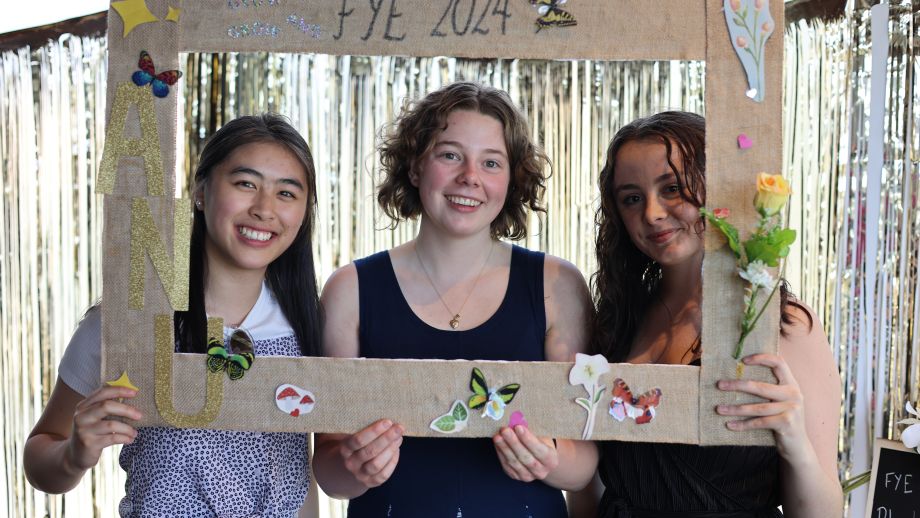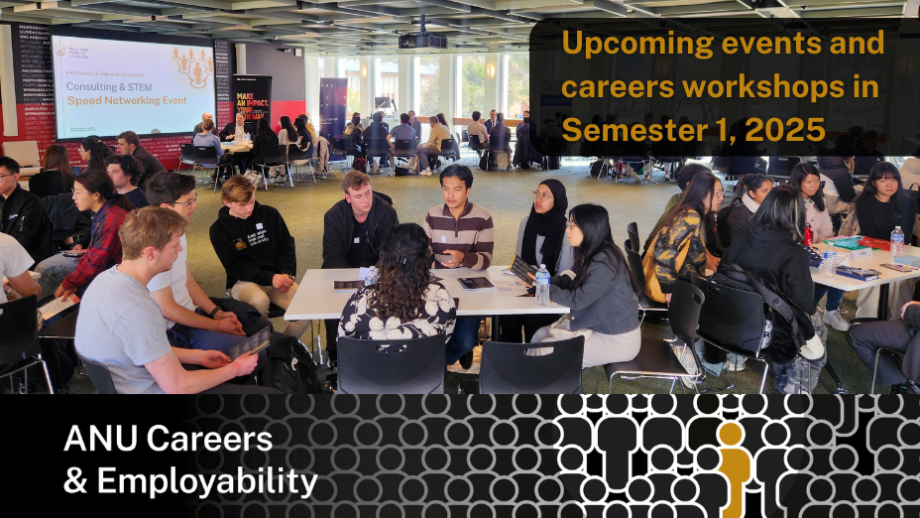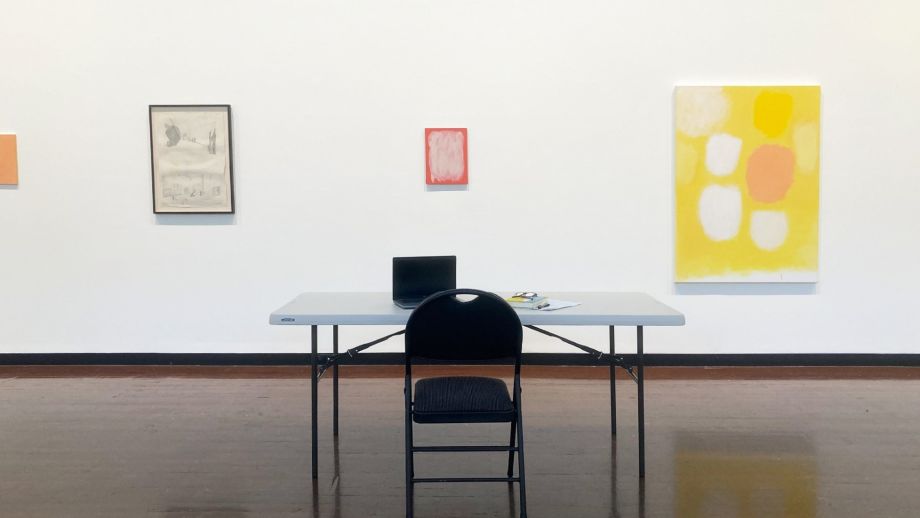Architectures for Peace Lab Launch: Mapping Land Rights in Post-War Recovery and Reconstruction
Presented by ANU College of Asia & the Pacific
The devastation wrought in Gaza and Ukraine serves as a stark reminder of the extensive reconstruction efforts inevitably required in the wake of armed conflict. These crises highlight the pressing need for massive resources to rebuild destroyed structures and restore basic community services. Importantly, the process of post-conflict reconstruction extends far beyond physical rebuilding. It is a multifaceted endeavor that demands a nuanced, inclusive approach, one that considers the needs of all affected populations, especially marginalised and vulnerable groups.
This lecture will examine one of the most complex and vital aspects of the reconstruction process: land rights. It will demonstrate how the consequences of conflict significantly impact land tenure systems, often deepening pre-existing inequalities and presenting new obstacles to achieving enduring peace.
Land represents more than mere physical territory; it holds substantial political, economic, and cultural significance, frequently acting as a catalyst for conflict. As competing claims to land can spark renewed tensions, it becomes essential to comprehend and establish equitable land rights to promote resilience and facilitate social reconstruction.
Speaker
Nelson Camilo Sánchez is an Associate Professor of Law and the Director of both the International Human Rights Clinic and the Immigration, Migration, and Human Rights Program at the University of Virginia School of Law. At UVA, his research and teaching focus on integrating theory with practice to foster legal advocacy that prioritises human rights. His teaching methodology emphasises trauma-informed lawyering and culturally responsive practices, aiming to cultivate a new generation of rights advocates who address local needs and adopt a collaborative, human-centered approach.
For over two decades, Professor Sánchez has engaged in research and advocacy on diverse topics, including transitional justice, international human rights law, corporate accountability for human rights violations, the inter-American human rights system, and economic, social, and cultural rights. His work has been featured in books, edited volumes, and specialised journals, including the International Journal on Transitional Justice, the International Journal on Constitutional Law (ICON), and the American Journal of International Law Unbound. He earned his LLB and PhD from Universidad Nacional de Colombia (2003/2017) and an LL.M from Harvard Law School (2007).
Chair
Kirsten Ainley, Director, Architectures for Peace Lab, and Professor of International Relations at the ANU Coral Bell School of Asia Pacific Affairs.
Opening Remarks
Professor Nicolas Lemay-Hébert, Director, Architectures for Peace Lab.
Zoom details will be sent upon registration.
The Architectures for Peace Lab, established February 2025, is home to a community of scholars, students and policymakers seeking to deepen and expand understandings of the relationship between material infrastructure and peace. The Lab allies political geography, architecture and International Relations to bring innovative ideas to methodological and programmatic policy challenges. If you require accessibility accommodations or a visitor Personal Emergency Evacuation Plan please contact bell.marketing@anu.edu.au.
Location
Hedley Bull Building, Lecture Theatre 1
Acton, ACT, 2601
Speakers
- Various
Contact
- Coral Bell School Marketing Team0429347931



